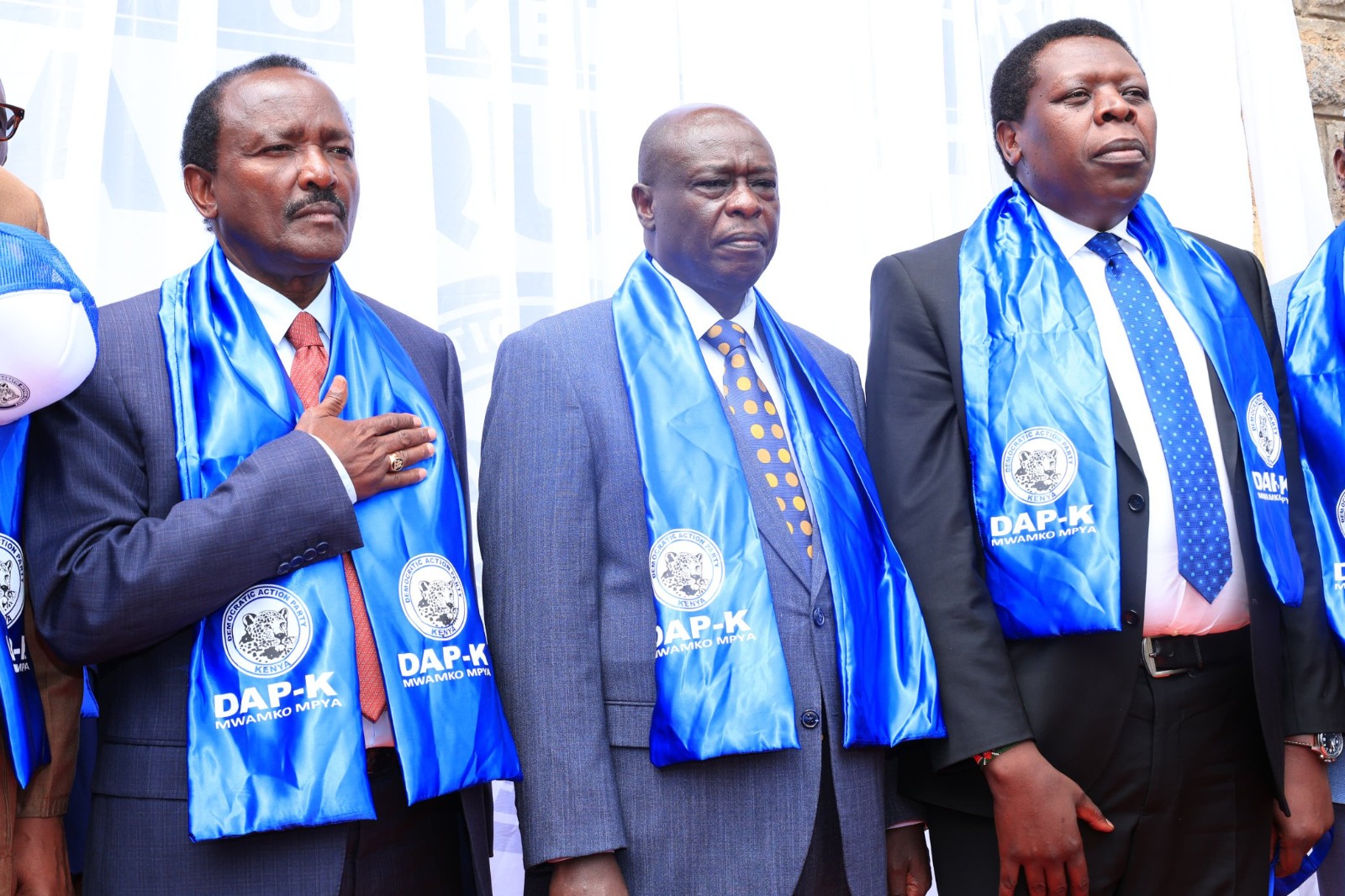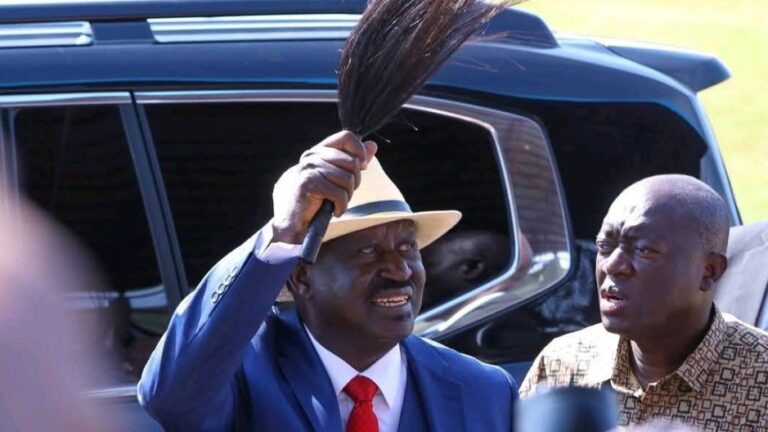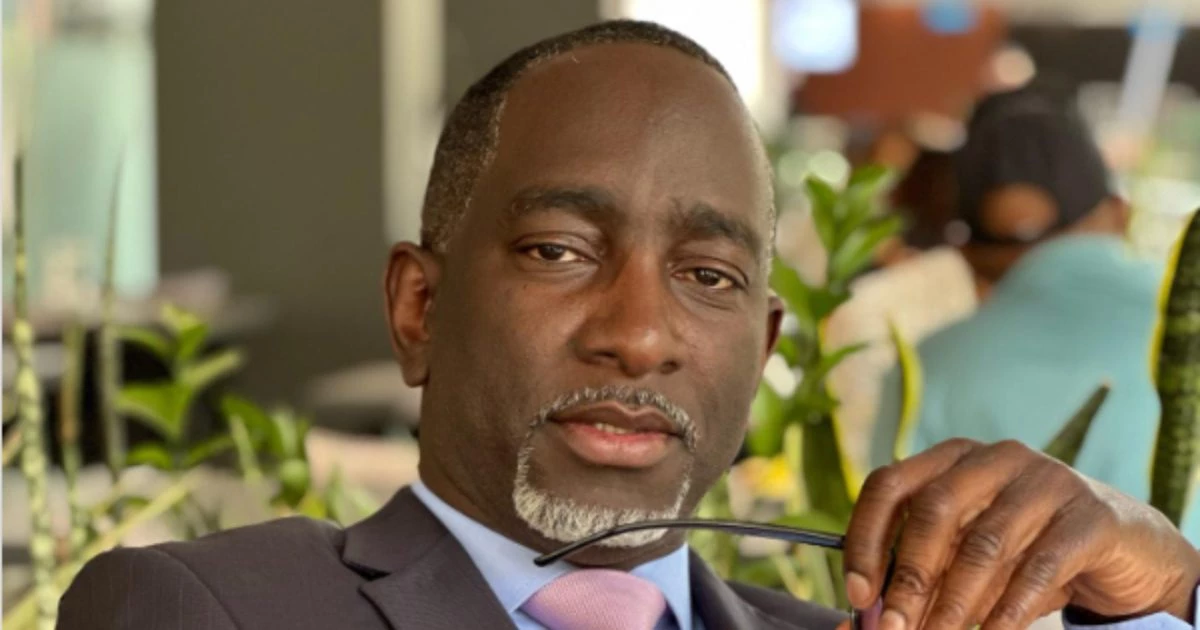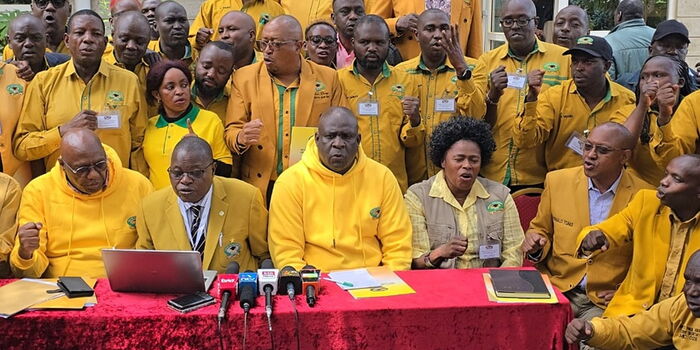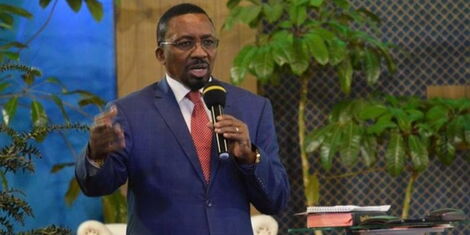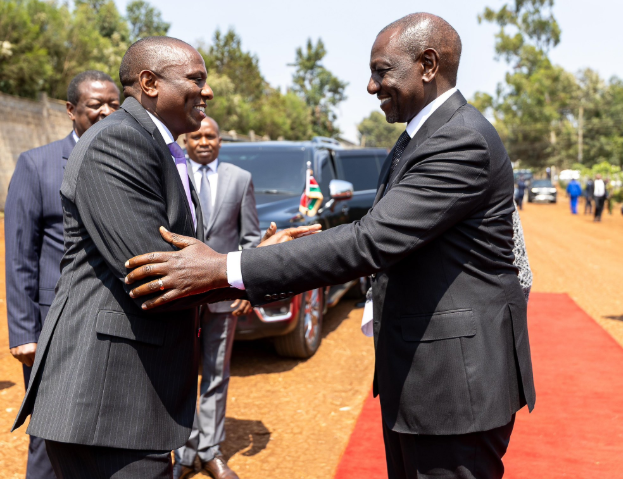
President William Ruto has surged into the spotlight with a heartfelt revelation about his political ally, Kimani Ichung’wah, declaring that Ichung’wah has “taken many bullets” on his behalf. The sweeping statement signals high stakes within internal party dynamics, and it underscores tensions and loyalties as Kenya heads toward 2027.
During a public address, Ruto singled out Ichung’wah for praise, insisting that despite criticism and pressure, Ichung’wah has stood firm in defending the president and advancing his agenda even when personal cost was high. “He has taken many bullets on my behalf,” Ruto declared, a phrase that has sparked intense reaction across political circles. The president’s words appeared not only as gratitude, but as a warning: loyalty in these perilous political times will be noticed—and rewarded.
What Ruto Meant — And What It Signals
Ruto’s remarks did not come from nowhere. Ichung’wah, a seasoned MP and prominent figure within Ruto’s political sphere, has been repeatedly vocal in defending controversial policies, navigating party infighting, and speaking out against internal and external critics. In using the metaphor of “bullets,” Ruto is acknowledging the political backlash Ichung’wah has absorbed—both publicly in debate and likely behind closed doors.
The timing is significant. With elections looming, internal cohesion is more critical than ever. Ruto’s acknowledgment suggests that Ichung’wah is being elevated in status for his loyalty and resilience. It may also be a signal to others within the party: stepping up—even at personal risk—earns recognition.
Backlash, Support, and Political Calculus
Reactions have been swift and mixed.
- Supporters of Ichung’wah see Ruto’s praise as deserved. They argue that Ichung’wah has borne criticism from opposition and even from within Ruto’s coalition, yet has remained steadfast. To them, the “bullets” metaphor captures perfectly the political sacrifice required of high-profile allies.
- Critics, however, are more cautious. Some suggest the praise is calculated, aimed at reaffirming loyalty in anticipation of internal challenges. Others argue that Ichung’wah’s firmness comes with risks—political isolation, backlash, or being burdened with defending policies many find unpopular.
- The public reaction is divided. Some citizens laud Ruto for acknowledging allies, seeing it as rare honesty in political leadership. Others see it as an attempt to deflect responsibility, using Ichung’wah’s vulnerability as a way to shield Ruto from criticism.


